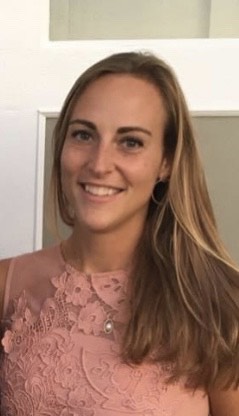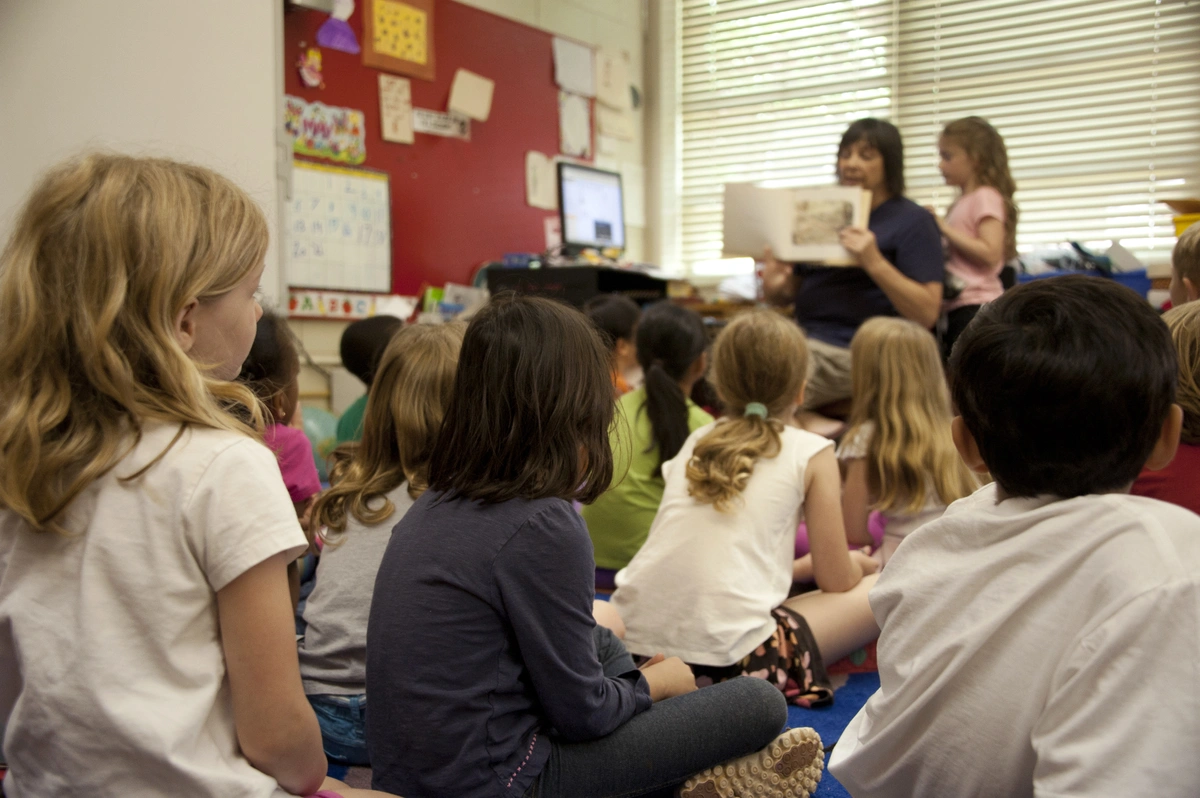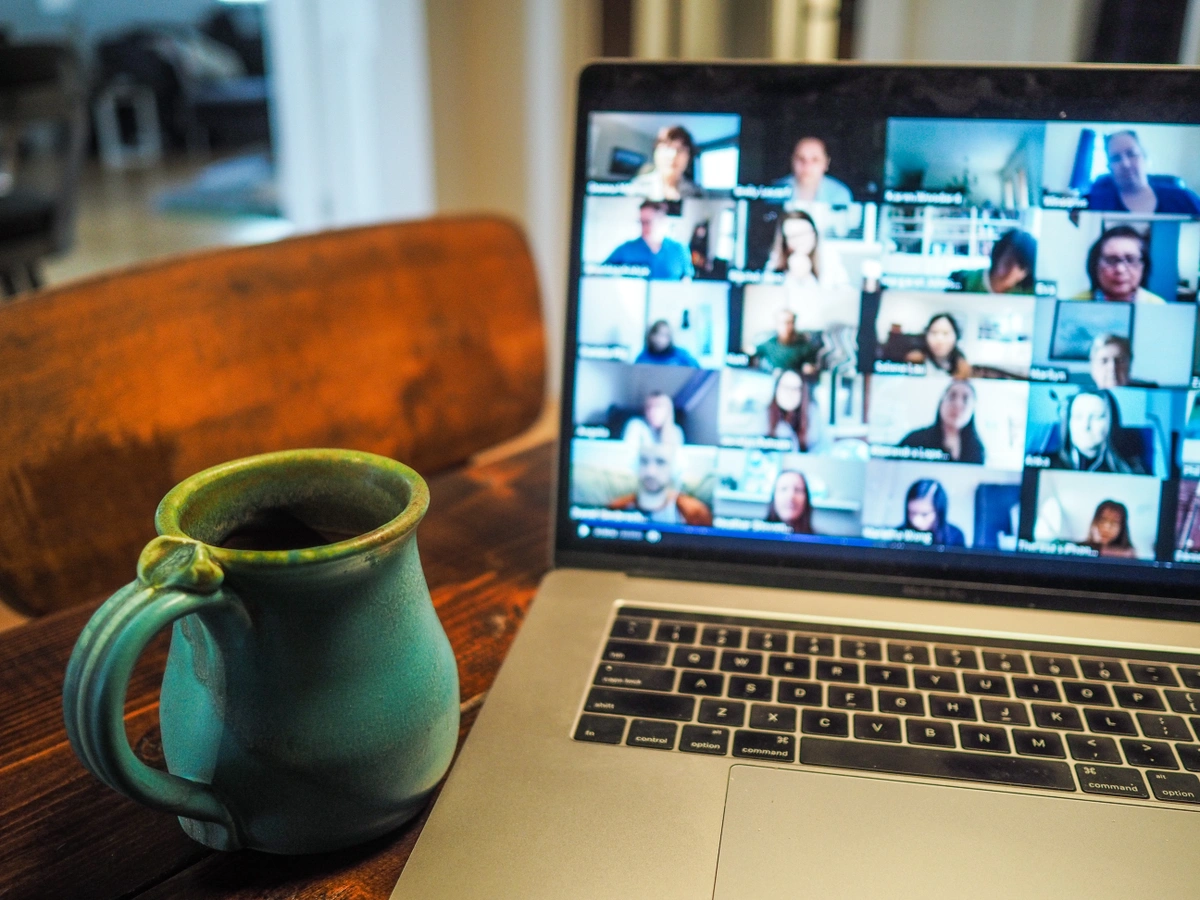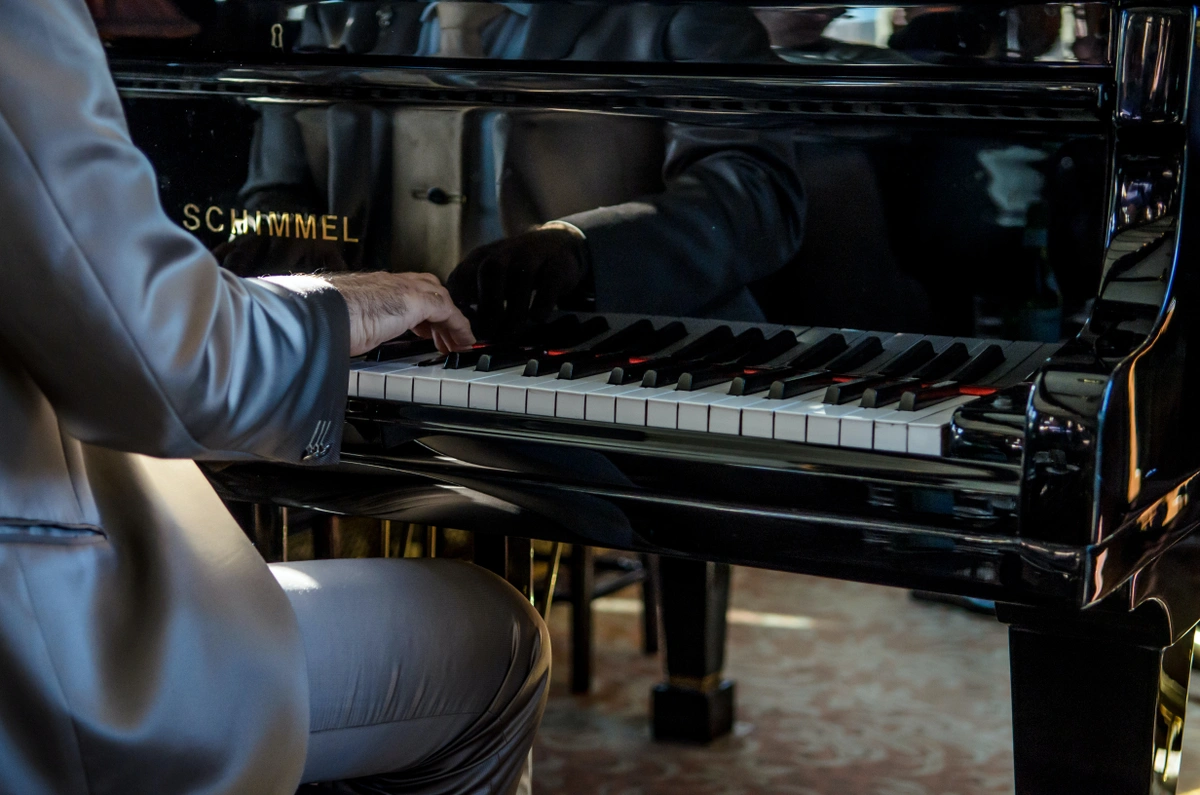How to Advocate for Yourself When Living with V Injury
March 8th, 2023
My journey toward becoming an advocate for vaccine injury was a bumpy ride. Sometimes, my best approach didn’t produce the desired outcome. The dead ends, however, served as reminders to save my limited energy for what mattered most.
Everyone’s journey to finding their voice and power will look different. In this article, I’ll share some general strategies that worked for me in hopes of facilitating a smoother ride for others.
Arm yourself with knowledge and ask questions
Vaccine-injured individuals commonly hear from others that the vaccine is safe and couldn’t cause painful symptoms. While this may be true for most, many people worldwide have experienced adverse reactions to the COVID vaccine.
This has become such a polarizing, politicized, and controversial topic. The mere mention of a vaccine injury can create discord. The mainstream messaging around the COVID vaccine promises that it’s “safe and effective,” which makes it difficult for others to accept or believe that it’s caused you harm.
Early on, I often responded to dismissive comments with emotion. In addition, I only had my single anecdote to share, which was hardly convincing.
Being prepared with examples of vaccine injury aside from yours can help your listener (whether it’s a friend or healthcare provider) understand that this isn’t a personal issue. Arm yourself with scientific literature like the following:
Many living with vaccine injury have long suspected that their adverse reactions closely resemble long-haul COVID, which presents many long-lasting and debilitating symptoms following recovery from the acute phase of the infection. More recently, this phenomenon has garnered the attention of Science Magazine with the following articles:
In addition, a team at Marburg University Hospital in Germany is treating and investigating “the possible long-term damage that can occur after a COVID-19 vaccination,” which they call “post-vac syndrome.”
Dr. Bruce Patterson and his team at the Chronic COVID Treatment Center acknowledge long COVID-like symptoms for those with vaccine injury, defending their hypotheses of pathogenesis in this peer-reviewed article.
React19, a “science-based non-profit offering financial, physical, and emotional support for those suffering from long-term COVID-19 vaccine adverse events globally,” has compiled a wealth of scientific literature, including numerous case reports relating to adverse events and the COVID-19 vaccine, which you can find here.
This organization provides many resources and real stories for physicians and patients, along with advocacy and awareness campaigns, such as Real Not Rare and Can We Talk About It.
Join a community
Experiencing a vaccine injury can be excruciatingly isolating, especially during a time when conversations on the topic can feel almost taboo. People quickly invalidate your experience. Knowing that you aren’t alone is essential.
Soon after my adverse reaction to the vaccine, I plugged into several online support groups via Facebook. To my surprise, thousands of others were sharing their stories with symptoms often far more severe and debilitating than my own. I quickly recognized a symptom overlap and diagnoses amongst members, such as:
-
small fiber neuropathy (SFN)
-
dysautonomia
-
mast cell activation syndrome (MCAS)
-
Guillian- Barré Sydrome (GBS)
-
myocarditis
-
petechiae
-
brain fog
-
fatigue
I learned from these support groups that several of my symptoms were related to postural orthostatic tachycardia syndrome (POTS), a form of dysautonomia.
I gained valuable information about ongoing research in vaccine injury and long COVID, including diagnostics and treatment. Strategies for coping with symptoms proved to be invaluable. I was introduced to React19 and its incredible wealth of resources that further supported my journey.
Beyond the practicality of the community, these support groups offered a space to be heard, vent, share trials and tribulations, and explore commonalities free of judgment. Healing testimonies kept hope alive, and those who spoke on camera at press conferences became inspirations for strength and perseverance.
Through the online friendships I made within the support groups, I was invited to participate as a Kindred COVID Task Force member and learned of Yale’s LISTEN study. I was a bit nervous, given I had kept my vaccine injury mostly private in my personal life. However, observing others in support groups advocating in multiple ways for the community provided me with the confidence I would need to follow in their footsteps.
I feel blessed to have found a community at Kindred, supported by science communities who genuinely care, and are here to listen, support, and research the pathology of our injuries.
Track your symptoms
Relaying accurate symptomology is essential for your healthcare provider to perform their job to the best of their ability. For many vaccine-injured, symptoms can evolve, remit, or relapse over time. It can be daunting to recall each symptom you’ve experienced when symptoms are constantly in flux, the list spills off the page, and white-coat anxiety gets in the way for me.
Tracking symptoms daily, weekly, or as needed is important for communicating with your healthcare provider to promote the best medical care possible. It can also be helpful for you to understand patterns, identify triggers, and assess and measure therapeutic success.
There are multiple options for tracking your symptoms. You should explore several options to help you make the best choice.
You may feel most comfortable manually tracking your symptoms in a dated journal, calendar, Word document, or Excel spreadsheet. While this is a fine option, it can be tedious. Fortunately, a large selection of symptom-tracking apps is available on your smartphone. You can read more about various symptom-tracking apps here.
Completing the Kindred COVID assessment is another great way to track your symptoms and health journey while contributing to research.
Bring a loved one to your next appointment with your provider
Consider bringing a friend or loved one to your medical appointments. This can be anyone who will support you in receiving the best medical care possible.
Having someone in your corner at appointments can be vital to ensure you’re receiving proper care. As a patient, medical appointments may feel overwhelming. You may feel anxious, and your symptoms might impact your ability to be present and comprehend or answer questions your provider might have.
Whoever you bring, whether a friend, family member, or fellow advocate, can provide support by bringing up concerns, taking notes, helping to ask and answer relevant questions, and lending emotional support.
Share your story
One way to help raise awareness for the vaccine-injured community is to share your story. This can feel like a scary and vulnerable task. Your journey is personal, and the fear of judgment or dismissal is valid.
At the same time, the rewards can be invaluable. It provides an opportunity to educate others that adverse events are real and deserve research and treatment. It invites others into the conversation about vaccine injury and can help them learn how to best support you as a loved one, including how to advocate on your behalf.
Some people will be more receptive to hearing your story than others. I approach each conversation by avoiding blame or making speculative assumptions without convincing evidence.
No matter how much they love you, there might still be people in your life who won’t believe the vaccine has caused you harm. They might be able to lend support in another way, for instance, with childcare or meal prep.
I’ve learned to accept that I can’t change minds that aren’t ready to be changed. We’re allowed to have different beliefs. However, those who deny vaccine injuries in general and withhold support are individuals I spend no further time engaging with.
There are multiple avenues for sharing your experience. Many have taken to social media, on platforms such as Facebook, Instagram, TikTok, or Twitter. However, many people have been shadow banned or censored for talking about vaccine injuries (you might be able to avoid this by censoring the word “vaccine”).
You can also share your story on Kindred by reaching out to Talia@hugo.health. You don’t have to be a writer! Talia will guide you through the process and can ghostwrite for you. Videos, poems, and drawings are welcome too.
Finally, the LISTEN study allows participants to share their vaccine injury journey while contributing to research. Kindred provides templates and assessments that you can share with the study investigators. Because of the potential to create breakthrough research, the LISTEN study is one of the best ways to advocate for yourself.
The gist
Navigating life with a vaccine injury can be a lonely, overwhelming, and arduous journey. The vaccine injured “did their part,” and life became infinitely more complex. We often feel left behind, swept under the rug, and like we must endure symptoms alone.
Many feel their voices are muted, sometimes quite literally, on social media platforms. Often, medical providers are stumped about how to treat you, and you might be passed on from one specialist to the next. Conversations around vaccine injuries and research have been limited due to fear of “vaccine hesitancy” and the politicized nature of the pandemic.
Proper medical care, emotional support, and acknowledgment are crucial for your well-being. Learning to become your best advocate is empowering and essential for meeting these needs. Although progress may seem like its moving painstakingly slowly, awareness is growing.
By arming yourself with knowledge, inviting others into the conversation, joining supportive communities, sharing your stories, and involving yourself in research, you can improve your well-being.
About the author
My name is Maeve Tewksbury, and I’m a speech-language pathologist currently taking time off from working to be with my young daughter.
I grew up in Rhode Island, spent several years in Marblehead, Maine, and moved to Mystic, Connecticut, to be closer to family.
I’m vaccine injured, and I’ve been fortunate enough to see many improvements over the last several months. I’m eager to use my experience to raise awareness and support for the vaccine injured. You can read more of my story here.
Article resources :
- Patterson BK, Francisco EB, Yogendra R, et al. (2022). Sars-cov-2 s1 protein persistence in sars-cov-2 negative post-vaccination individuals with long covid/ pasc-like symptoms.
- Couzin- Frankel J. Pandemic propels global effort to study rare vaccine side effects. (2022). Science.
- Couzin-Frankel J, Vogel G. In rare cases, coronavirus vaccine may cause long COVID-like symptoms. (2022). Science.
- Bilotta C, Perrone G, Adelfio V, et al. Covid-19 vaccine-related thrombosis: a systematic review and exploratory analysis. Front Immunol. 2021;12:729251. DOI: 10.3389/fimmu.2021.729251
- Feature article: Long-term side effects of COVID-19 vaccine? What we know. (2021). Children’s Hospital of Philidelphia.
- Katella K. The link between J&J’s COVID vaccine and blood clots: What you need to know. (2022). Yale Medicine.

Kindred Contributor
If you're interested in sharing your story or experiences with the Kindred community reach out to the Content and Community Manager at Talia@hugo.health.



